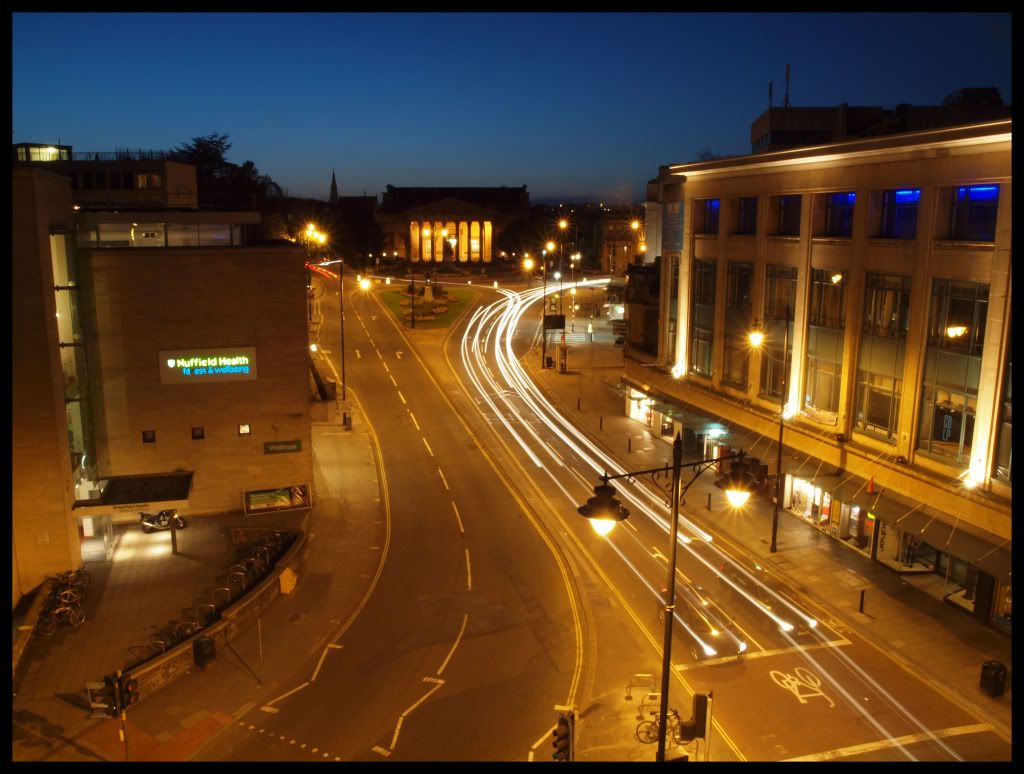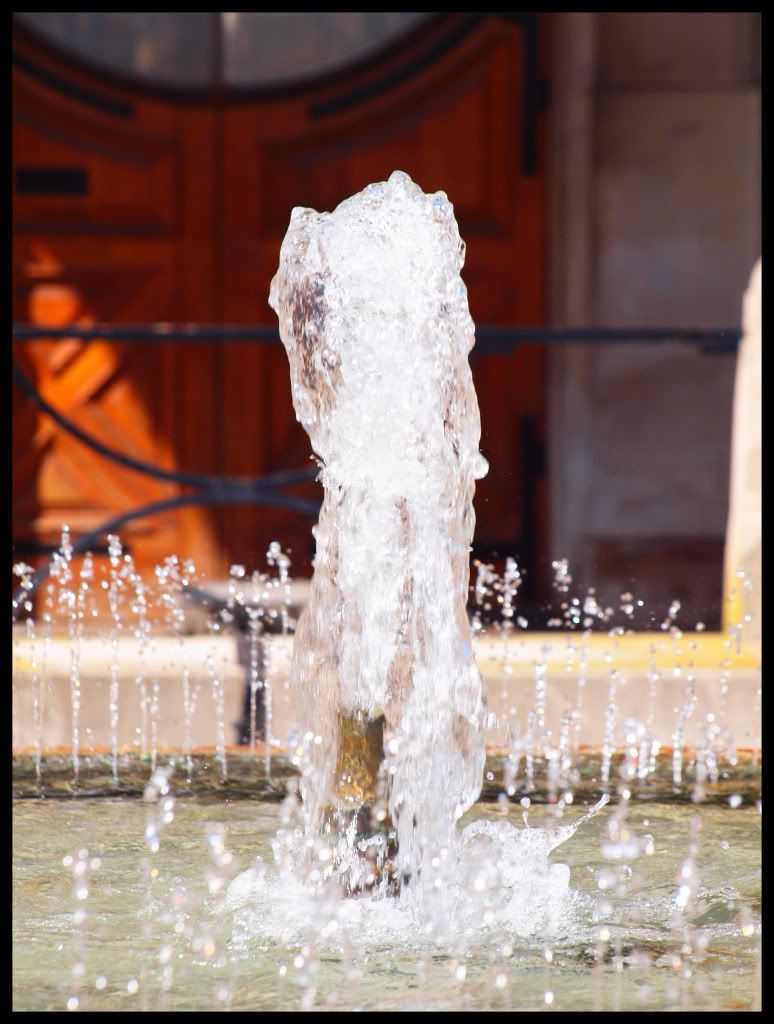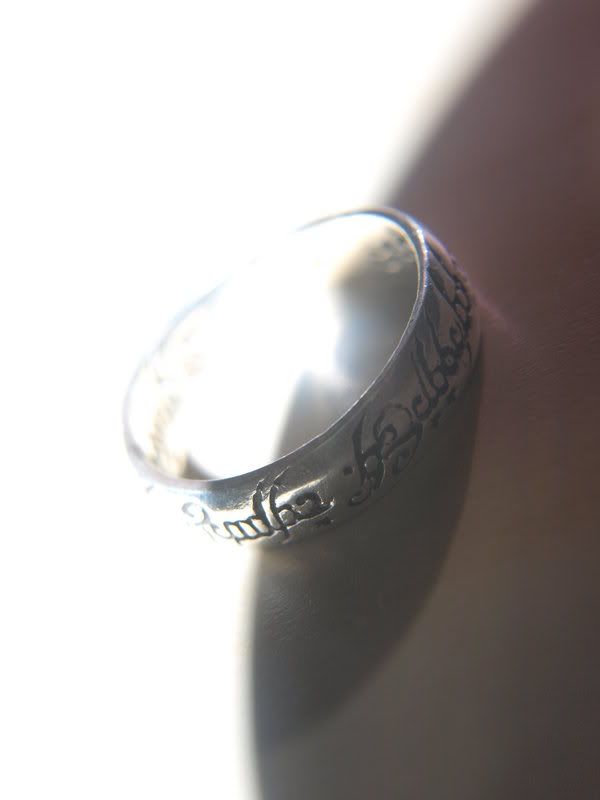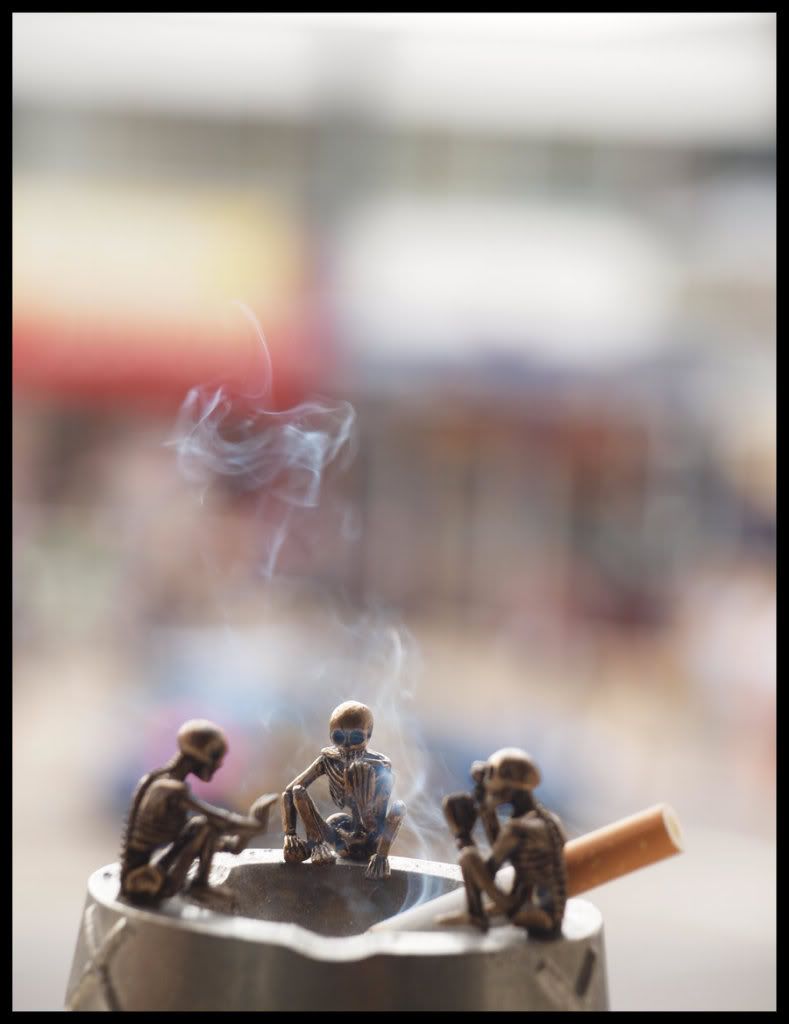- 12,201
- Posts
- 18
- Years
- Age 34
- London, UK
- Seen Nov 4, 2021
The Way Of The Photographer
Keeping in theme with Gav's title XDSince a lot of members have asked me for some advice on how to take some pictures and how I did certain photos, I thought I would post a thread on all the tips, advice and terms explained. I should say a bit about myself really.
I have never taken a photography class or taken any tutorials. I have taught myself how to use a camera, how to use effective settings to compliment the scene, no matter what it is. I have just over 5 years of experience in photography, so I hope I can pass on my knowledge to anyone who wants to be an up and coming photographer.
The equipment that I use is a Nikon D7000, with battery grip, with two batteries and my main lens is a 18mm - 105mm and 70mm - 300mm.
Please note, you can ask me any questions in this thread!
Cameras Cameras Everywhere
Well, it is the big question isn't it; 'what camera should I buy and which brand?'The answer to that is, there is no answer. There are many good brands out there and when considering which brand to choose, you will just have to find the one that suits you best. The brands you should, however, look at are:
- Olympus
- Canon
- Nikon
- Sony
- Panasonic
At the end of the day, it is down to you and your budget, play around with them, don't feel you have to rush into buying a camera, because if you don't like it after, you are stuck with it.
I waited 2 weeks before I bought my current camera, in that time I looked at many different cameras before deciding on this one, since I am use to Olympus, I know how to get the best out of them and they are amazing builds.
The Theory and Terms
When discussing photography, you have to include the different terms that can refer to the camera, lenses, flash or even the scene/object/person you are tying to photograph.
Aperture - the opening in the lens. It determines now much light enters the camera an goes into the sensor.
Autofocus (AF) - The DSLR camera lens focuses automatically, and usually when the shutter release is half-pressed.
Color Balance - Is the accuracy in which the colors that are captured in the image match the original scenery.
Depth of field - Put simply, depth of field is a measure of how much of an image, apart from the main subject, remains in focus. In other words, how much of the background and the foreground of the subject is sharp. If you were to increase the aperture, the background would become more out of focus.
DSLR - Means 'Digital Single-Lens Reflex' camera. what makes it different from a digital camera is, it uses a mechanical mirror system and pentaprism to direct light from the lens to an optical viewfinder on the back of the camera.
Exposure Bracketing - The ability to take multiple versions of a picture using your DSLR camera at different settings.
Face Detection - Face Detection technology uses special algorithms embedded in the DSLR camera that can detect typical face patterns in a picture and then automatically adjust the focus and exposure to improve the picture quality.
Flash/Flash Gun - Flash is the built in bulb that lights up a picture if it is too dark. A flash gun is an external, mounted flash that allows for customization and better quality of flash.
Image Resolution - This measures the clarity of the digital image. The more pixels the DSLR camera has, the greater the pictures clarity and detail will be.
ISO - This determines how sensitive your camera's sensor is to light. The lower your ISO, teh longer it will take to take a picture, but the less "noise" or "grain" your picture will have. the higher the ISO, the faster you can take a picture, but you will have more "noise" or "grain".
Image Stabilization - DSLR cameras may be difficult to hold steady for a long period of time. Image stabilization will help to minimize picture movement by digitally stabilizing the camera and picture.
Lenses - Lenses are only for DSLR cameras. These are interchangeable for each camera and are represented in mm's. Here is a little table as to what mm means and what part of photography it would be useful for:

Sorry for being a little blurry. Taken from http://www.cambridgeincolour.com/tutorials/camera-lenses.htm
Live View - This capability, which is fairly new to DSLR cameras, allows you to see and review the image live before you take the shot. The live-view feature makes it significantly easier to shoot at high and low angles, shoot close-ups, and it also allows for easier manual focusing, composing, as well as depth-of-field checking in low light.
Manual Focus (MF) - Very simply, MF is a mode on a DSLR in which you have complete control over every single setting on the camera.
MegaPixels (MP) - MP is the number of pixels wide by the number of pixels high. The greater number of pixels the camera has, the greater the image quality.
Memory Card - There are many types of memory cards, some are CF, SD, XD.
Noise - Noise is defined as pixels that appear in your digital image that were not "interpreted" correctly. Noise will appears as random groups of green, red, or blue pixels. When it occurs, it usually occurs when the user shoots a long exposure, say over 1/2-second, or when a user uses a higher ISO setting, typically higher than 400.
RAW - A "RAW" or unprocessed digital image. A RAW file is a complete download of what your DSLR's sensor sees before it is processed in the camera. As a result RAW files tend to take longer to write to the memory card and occupy more space. But they allow for more flexibility and options in post-processing, and as the cost of memory comes down - and software such as Photoshop and Aperture become more compatible with RAW - the format is likely to become more prevalent.
Optical Zoom - The Digital SLR camera lens does the work for you by enlarging or the field of view. For example, a 16:1 zoom can magnify the object up to 16x . Optical zoom is a better feature than digital zoom because the image quality does not degrade, which can happen using digital zoom.
Shutter Speed - The speed that a camera take a picture. The numbers can range from 1/2000th of a second to 60 seconds or more (Bulb) the bulb option requires you to press the shutter twice- once to open the shutter, second to shut it. The longer the shutter speed, the more prone a picture is to blurred subjects from movement.
White Balance - Digital cameras need a reference point for white in order to render all the other colours of the spectrum naturally. This is called the white balance. Often digital cameras calculate the white balance automatically - and get it wrong, resulting in flat, dull or unnaturally coloured images.
This usually happens when the view is dominated by a particular colour or there is a lack of natural white colour available. The higher-end DSLR allow you to manually calibrate the white balance by pointing at a white card - while more inexpensive cameras may have a range of settings such as Fluorescent, Sunlight, Cloudy etc.
Now you know them, how to use them?
Knowing the terms is all well and good, but if you don't know where to use them, then it is pointless.When you are going to take a picture, there are a few things you need to think about. Don't just take a picture of the first thing you see, if you do, you will end up with one messy picture. That might be find on a compact digital camera, but with a DSLR, the quality is so much better, it will be obvious you haven't thought about it. Here are some steps that are good to think about before taking a picture and this is what I do EVERY TIME:
1. What are you taking a picture of? - Is it human, nature, animal or an object/building?
Before you even turn on the camera, you need to get a clear idea of what you are going to be taking pictures of. If you don't know yet, don't worry about it. You can keep changing the settings or modes on your camera to best fit.
2. Take a step back and look around.
Ok, so if you are going to take a picture of, say, a flower, you need to look around you and see if anything will help or hinder the picture. When taking a picture of a flower, there are many different angles you can come from. High up, on par or below. As well as different angles from left and right. One thing to do is, if it is only one flower, making it the center of attention in your picture is a good thing to do. This is where the depth of field comes in. Look above for that.
3. Lighting
How is your lighting? Do you need a flash? Do you need to increase/decrease the ISO? There is no reason why you can't take a picture, change the settings then take it again. A lot of people do it, including myself, when I am unsure of the lighting. The lighting of a picture will make or break it.
4. *Click*
The easiest part of the stage. Take the picture!
Obviously, you don't sit there for 5 minutes and think this out, but it is good to have in your mind going over and over. It will normally take me a few seconds to analyse the scene and change the settings. You might think that is fast, and it is, but after a few times of doing it yourself, you will get into.
Putting these to use


Here I will show you some examples of using one or a combination of these settings. All these photos are taken by me.
I can't show you all of them, but here are some.
Slow shutter Speed
Spoiler:

Here, I have used a tripod to put the camera on to eliminate any human movement and blurring. I have minused the shutter speed to 15 seconds to be open. The streaks are the cars lights going past. None of this was done is photoshop except the black boarder.
Fast Shutter Speed
Spoiler:

Here, I have used a fast shutter speed to capture the water in mid air. The setting was 500/1. I have also increased the ISO to 400 to increase the amount of light being allowed in.
Increased Flash
Spoiler:

For this picture. I have used my flash gun to increase the flash and slightly slowed the shutter speed, but not by much. The one way I made this picture, was by angling the flash gun towards on half of the ring so it would light up only half of the picture.
Depth of Field
Spoiler:

This picture was done by me using my Manual Focus (MF) mode on my camera. I went very close to the ash tray and focused only on that, turning the focus ring on the lens. By doing this I caused the background to blur. This makes for an effect way to make one object the center of attention.
Final Note
I hope that this post has helped you and I am always here if you need to ask me any questions. The thing about photography is you can't sit down and just read. You need to get out there and get use to your camera. This post was mainly for DSLR cameras, however, some digital cameras do allow for system control, so there is no reason why you can't do similar things. The terms are universal across the photography scene. There is no reason why you can't start out with a digital camera and then move up to DSLR, but there is a big step in using a normal, compact camera to a professional DSLR.
One tip I would give you if you do buy a new DSLR, is to READ THE MANUAL INCLUDED. I can't stress this enough, this holds all the important information about your camera. The settings, the modes and so on. Use it as your bible for the first month or so before you know the camera like the back of your hand.
Don't feel discouraged from posting your work if you think it is rubbish. We all have to start somewhere, you should have seen some of the stuff I was taking 4-5 years ago. I will happily review your work and critique it.
Do post your your pictures in a thread in Graphics & Photography and I will try and get around to reviewing them. Make sure you read the board rules before posting though.
Thank you for taking the time to read my guide on photography. If you have any more questions, feel free to ask me and I will be happy to help. Like I said before, you CAN POST IN HERE if you have any questions.
Thanks again for reading.
Captain Fabio
Last edited:
